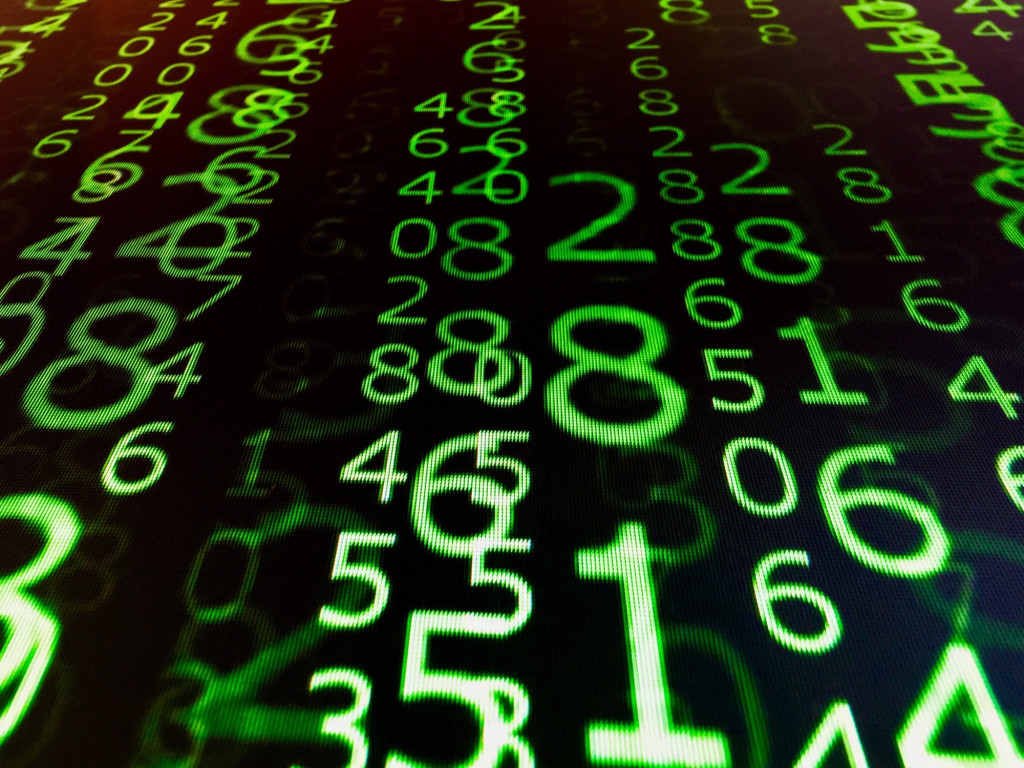Brazil approves first law to protect children’s rights online
Brazil has passed its first dedicated law to protect children online, updating its 1990 child protection statute for the digital age. The ECA Digital, signed by President Luiz Inácio Lula da Silva, bans behavioral advertising aimed at minors, restricts misuse of children’s personal data, and revives a ban on ‘loot boxes’ in video games. The law takes effect in March 2026

São Paulo, 17 September 2025 – Brazil has passed its first dedicated law to safeguard children in the digital environment, marking a significant step in online child protection. President Luiz Inácio Lula da Silva signed the law, known as the ECA Digital, which updates the 1990 Statute of the Child and Adolescent to address today’s internet-driven challenges.
The law requires online service providers whose platforms are likely to be used by children to design their products with the best interests of minors in mind. This means offering the highest levels of privacy and safety by default. Among its key measures, the law prohibits companies from misusing children’s personal data in ways that could harm their rights and bans profiling practices that enable behavioural advertising aimed at minors.
The ECA Digital responds directly to growing concerns about how children’s personal information has been exploited online. Human Rights Watch investigations found that children’s photos had been used to develop AI systems that were later misused to create abusive deepfakes. Other studies highlighted how online platforms tracked children to deliver targeted advertising, often without consent or transparency.
The legislation also revives a ban on “loot boxes” in video games, features that push children to spend money for random rewards. Although industry lobbying initially succeeded in removing this provision, it was reinstated in the final version after strong advocacy by lawmakers.
The law, which takes effect in March 2026, will be enforced by Brazil’s national data protection authority. Non-compliance could lead to fines of up to 50 million reais (about US$9.4 million), or 10 percent of a company’s revenue in Brazil, and in severe cases, suspension or bans.
Human Rights Watch called the law a “landmark” for the region, as Brazil becomes the first Latin American country to adopt such dedicated protections for children online. Civil society groups note that its true impact will depend on effective enforcement and meaningful consultation with children themselves when designing safeguards.
For civil society, this law matters because it strengthens children’s rights in an era where constant surveillance and commercial exploitation online are becoming normalised. Advocacy organisations, parents, and educators will play an important role in holding both companies and regulators accountable to ensure that these protections are not just written into law, but actively respected in practice.


